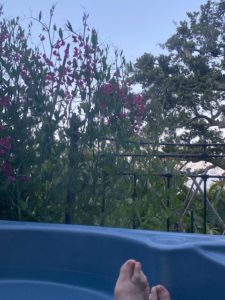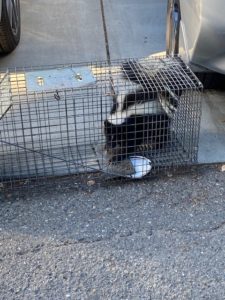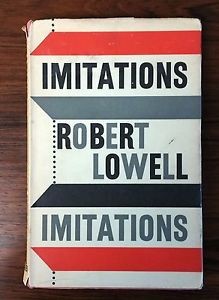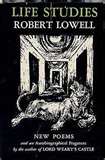 On Friday, I took a dawn hot tub steam curling tranquilly around the sweet peas, heading towards the bay just visible between oak branches. Then I noticed that the electric fence, which guards my chickens from predators, was not blinking, which meant it was shorted out somewhere. I dressed and went down to find a sizable oak limb had split off and crashed through the chicken run, rupturing the bird net and the fence.
On Friday, I took a dawn hot tub steam curling tranquilly around the sweet peas, heading towards the bay just visible between oak branches. Then I noticed that the electric fence, which guards my chickens from predators, was not blinking, which meant it was shorted out somewhere. I dressed and went down to find a sizable oak limb had split off and crashed through the chicken run, rupturing the bird net and the fence.
Luckily both the tree guy and the handyman were able to come right away, and by noon the fence was secured and the confused chickens all in place.
Then my grandson and I decided to try to trap the cheeky squirrel who has been pilfering the chicken and bird food despite lacing it with hot pepper. We got out my old trap, set it with peanut butter, and scattered a trail of sunflower seeds up to and into it. By evening, the sunflower seeds leading right up to the trap were gone, but no squirrel.
 “Maybe he’s too smart for us,” I told my grandson. We decided to leave the trap baited overnight, and this morning I woke to find a skunk in it. I’ve had a lot of experience with skunks from the time our house backed onto a large open space in Lafayette. The county used to drop off traps and then pick up trapped skunks. Those traps were very narrow, so once caught the skunks couldn’t raise their tail to spray. My trap has plenty of room for the skunk to spray, so it was a problem. I got an old towel and held it in front of me as I approached the trap. The skunk sprayed and sprayed until his little spray reservoir was depleted. Then I covered him with another old towel, put the cage on a rubber mat in the back seat and drove the trap to Tilden Park, where I propped the trap open and let him flee. The car smells only a tiny bit skunky, as does my right arm. The towels and cage are out in the sun, waiting for time to reduce the smell. Continue reading “Unexpected events”
“Maybe he’s too smart for us,” I told my grandson. We decided to leave the trap baited overnight, and this morning I woke to find a skunk in it. I’ve had a lot of experience with skunks from the time our house backed onto a large open space in Lafayette. The county used to drop off traps and then pick up trapped skunks. Those traps were very narrow, so once caught the skunks couldn’t raise their tail to spray. My trap has plenty of room for the skunk to spray, so it was a problem. I got an old towel and held it in front of me as I approached the trap. The skunk sprayed and sprayed until his little spray reservoir was depleted. Then I covered him with another old towel, put the cage on a rubber mat in the back seat and drove the trap to Tilden Park, where I propped the trap open and let him flee. The car smells only a tiny bit skunky, as does my right arm. The towels and cage are out in the sun, waiting for time to reduce the smell. Continue reading “Unexpected events”


